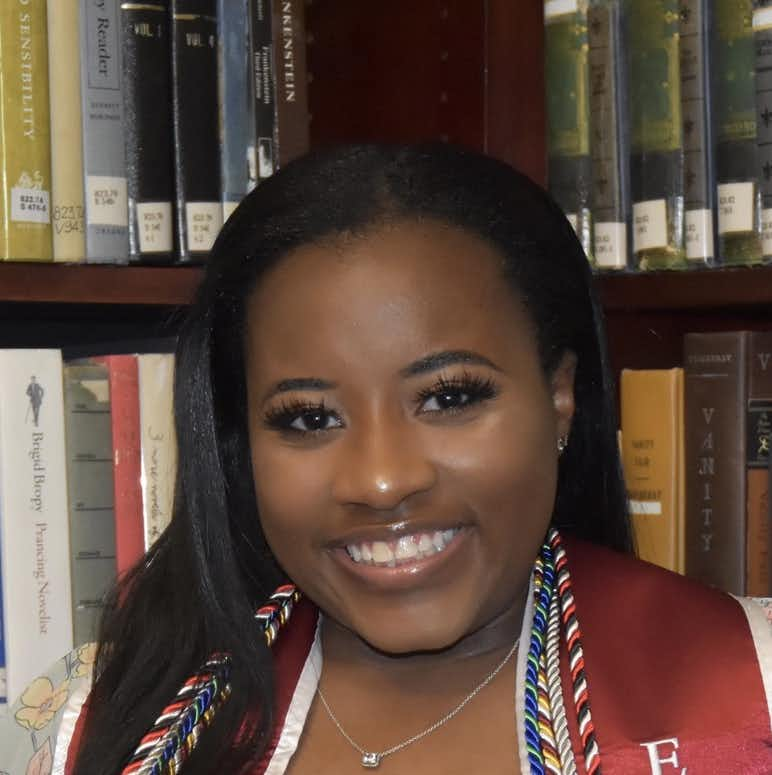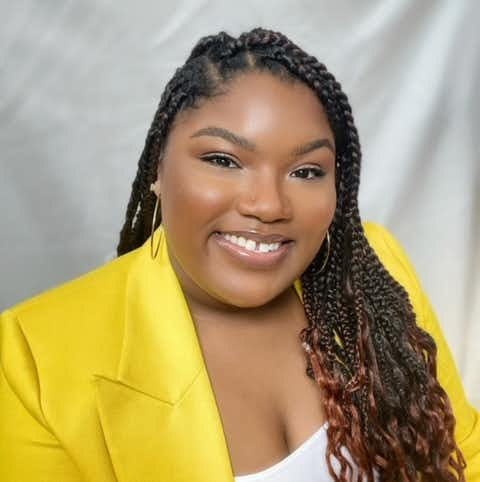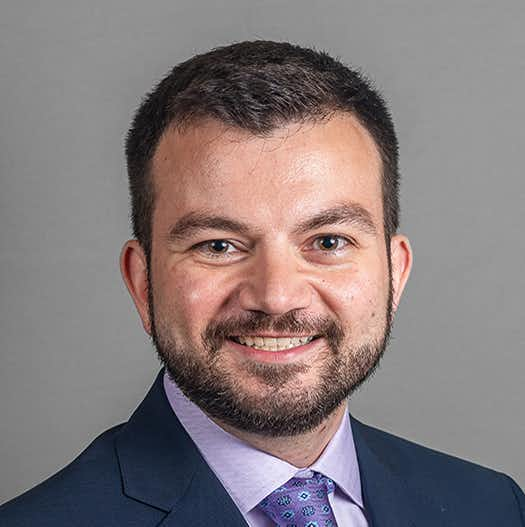
Law: From Interview to Argument
Are you curious about the dynamic world of law? Do you know what it takes to be a lawyer? Here’s your chance to act as a lawyer to support a hypothetical client from the initial interview, through the court process and the oral argument. Discover the essential legal reasoning and communication skills needed to think and persuade like an attorney. Hear from legal professionals in various fields of law, immerse yourself in everything from client communication to courtroom presentations, and learn to effectively write in various areas of the law.
Program Dates
Choose the course length that works for you: 2-week and 4-week sessions
Eligibility
For students ages 13 and up
Individual Course Fees
$1,895
Discover How To Communicate Like a Lawyer
Learn How To Interview Like a Lawyer
Examine the steps of the initial client consultation process, and recognize the legal implications of client information. Identify applicable areas of law based on your client’s needs.
Review a Client Case Against Existing Laws
Conduct legal research using various platforms, and analyze statutes and case laws relevant to your client’s case. Apply analogical reasoning to predict the legal outcomes.
Learn To Write a Legal Memo
Practice how to write a legal memo, using relevant laws to review the facts of your case. Predict how a court might rule, and prepare for counterarguments.
Craft a Legal Brief
Explore a legal brief’s structure and support argument to determine how to write a persuasive brief to the judge on your case. Understand the persuasive writing method.
Prepare an Oral Argument
Dive into preparing for oral argument at a court of appeals. Review how to take your legal brief and turn it into a persuasive oral argument.
Create Your Final Capstone Project
Culminate your experience by using the conclusion, rule, analysis/application, and conclusion method (CRAC) to create an oral argument.

How You Will Benefit
- Learn to utilize the key communication methods used by lawyers, such as the legal arguments and briefs, plus oral arguments.
- Be able to analyze statutes and case laws.
- Have the ability to decipher a legal brief’s structure and support argument to determine how to write a persuasive brief.
- Hear from a judge, and lawyers spanning an array of fields including corporate litigation, government, finance, employee rights, and more.
- Complete a Final Capstone Project to demonstrate what you’ve learned.
- Earn a Certificate of Completion from Northwestern University.
Three Learning Advantages Designed for You
Final Capstone Project
This online course culminates in a Final Capstone Project that allows you to:
- Demonstrate the various communication methods lawyers use.
- Utilize all the steps you’ve practiced throughout the modules to support your fictional client.
- Practice using the conclusion, rule, analysis/application, and conclusion method (CRAC) to create an oral argument.
Mentoring
You’ll receive guidance from a mentor who can support you and deepen your learning experience. You can expect:
- Encouragement and direction on all assignments.
- Inspiration, motivation, and confidence to help you excel in your studies.
- Brainstorming and ideation to help you prepare for your Final Capstone Project.
Flexible Learning
- 100% online learning that works with your schedule.
- Flexible learning format through video lessons. Tune in anytime that works for you.
- 20-30 hours of total instruction and course work, including engaging multimedia, simulations, and curated assignments for which you will receive guidance and support from mentors.
Apply Now for the Next Available Course
All course options have the same educational content, learning materials, and number of assignments. We are offering a condensed version of the course in order to accommodate students’ individual schedules.
Hear From Northwestern University
What Our Students Are Saying
"I thought that the Law: From Interview to Argument was an essential and strong course to take especially being a senior in high school. I got to truly understand what happens in the courtroom and out of the courtroom. In law, every single fact and thought is taken seriously. I thought that the way the Northwestern Pre-Law course was structured truly fascinated the way I perceived law. Overall, I would highly recommend taking this course as it opened the doors for me to understand the world of law."
- Riya, law student from WI.
"The Northwestern Pre-College Law course gave me a preview of what I can expect working as a lawyer in life. I think this is an amazing course if you want to get a better understanding of what a specific sector of employment does. This course could also be great if you are feeling indecisive about what career path you want to go into, as Northwestern provides so many different course selections."
- Leyla, law student from Il.
Course Designed by Northwestern Faculty

Maurine J. Berens, JD
Clinical Associate Professor of Law
Professor Berens joined the Northwestern Law Communication and Legal Reasoning faculty in fall 2003, teaching CLR and a Public Interest Practicum. She won a Dean’s Teaching Award in 2005. Before joining Northwestern, she taught legal research/writing and Interviewing, Counseling and Negotiation at DePaul University; was formerly a senior staff attorney at a legal non-profit in Chicago; and was an Assistant Public Defender in Cook County. She is also a trained mediator.
Meet Your Mentors

Courthney
Received a B.A. in Political Science. Passionate about justice and equality for all. Currently working towards becoming a lawyer.

Makiah
Holds a Juris Doctor degree and a Bachelor of Arts degree in Political Science. Currently works as an education attorney.

Michael
Holds a Bachelor of Arts degree in Philosophy, English and Political Science as well as a Masters Degree in Philosophy. Currently working towards a Juris Doctor degree.

How To Apply:
It’s easy. No transcripts or letters of recommendation are required. Just provide some basic information and tell us why you wish to take this program.
Note: Please submit all application materials in English.
Begin the guided application process. It should take only a few minutes of your time to answer the questions.
Want to Know More?
Sign up for more information and we’ll be in touch.
Admissions
Our application process is easy. You can expect a prompt decision.
Frequently Asked Questions
How will you be graded? What are assignments like? How much time do you have to turn around a project? When do you find out if you're admitted? Find answers to your questions here.
Scholarships
We offer need-based scholarships for participating students who exhibit high potential and an inability to pay the full tuition.
- If you haven’t applied to the program, apply here. After submitting your application, click “Apply for a need-based scholarship” on the confirmation page to request a scholarship.
- If you’ve already applied to the program, sign in to your Profile to check your scholarship status. If we don’t have a scholarship request on file, click “Apply for a need-based scholarship” to request a scholarship.